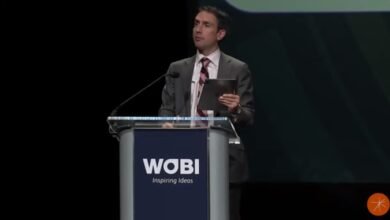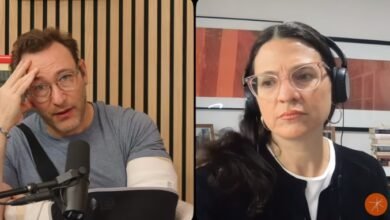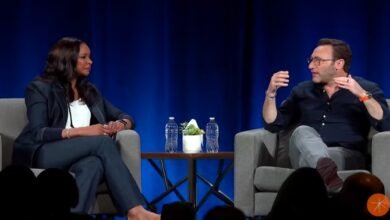Marshall Goldsmith & Chester Elton All In: Know Your Players

YouTube | UCtvlM6xRUC_ErV_q1FgUgiA
This week, New York Times best-selling author of All In, The Carrot Principle, and The Best Team Wins, share with us his thoughts about the latest trends in culture and the multigenerational workplace.
Know Your Players
By Marshall Goldsmith
My great friend Chester Elton is the #1 bestselling author of the books, All In, The Carrot Principle, and The Best Team Wins, which have sold more than 1.5 million copies worldwide. One of today’s most influential voices in our field, Chester is a member of our 100 Coaches organization, and this week will share with us his thoughts about the latest trends in culture and the multigenerational workplace. Below is an excerpt from our interview.
Marshall: I’m here with my wonderful friend, Chester Elton. Chester is one of the world’s experts on leadership and culture.
Recognized by Global Gurus and many other organizations, Chester is a member of our 100 Coaches organization, and he is always trying to make the world a better place.
Chester, it is an honor to be talking with you. You know what? I’ve got a question: What are the latest trends in culture?
Chester: I get asked that a lot, as you might guess. My co-writer, Adrian Gostick and I have been studying culture for more than 20 years and recently there have been a lot of changes in leadership, but the latest trends really have to do with the multi-generational workplace. Right now, you’ve got Baby Boomers, Gen X, Millennials, Gen Z, and this is a real challenge in the sense that as a leader, you’ve got to communicate effectively to the different generations.
Marshall: What’s your idea to help leaders communicate to the different generations?
Chester: First it’s to get to know them. We talk about that a lot. In the past, you’d hear “manage everybody the same because that’s fair.” Today, you hear “you gotta know your players.” You can’t have broad policies across the board. We’ve developed a cool online motivation assessment. You’ve probably taken some of those like Myers-Briggs and strength finders.
We developed a motivator’s assessment to get don to what people are passionate about. So, you take so you take who you are, what you’re good at and what you’re passionate, and that nexus is how you engage people.
Now where that helps leaders is if I know not just what you’re good at, your CV, I know what you’re talents are, and then I understand what you’re passionate about and I can tap into that, wow! This builds great relationships and it makes communication so much easier because I know that, for example, social responsibility is important to you or your family is very important to you, or variety in your work is important to you. Then as a leader, I can “job sculpt”, that’s what we call it, to make sure I’m taking advantage of not only your talent, but your passion too. Cool, huh?
Marshall: What I love about what you’re doing is two things. One, I think it’s helping organizations. Two, which is probably more important to me, I think you’re helping people have better lives, so thank you.
Chester: One last data point is we found that when people are happy at work, they’re 150% more likely to be happy in their personal life. So, you’re right, we say we build better people so they can have better lives.
Marshall: Wonderful. Thank you!
source






